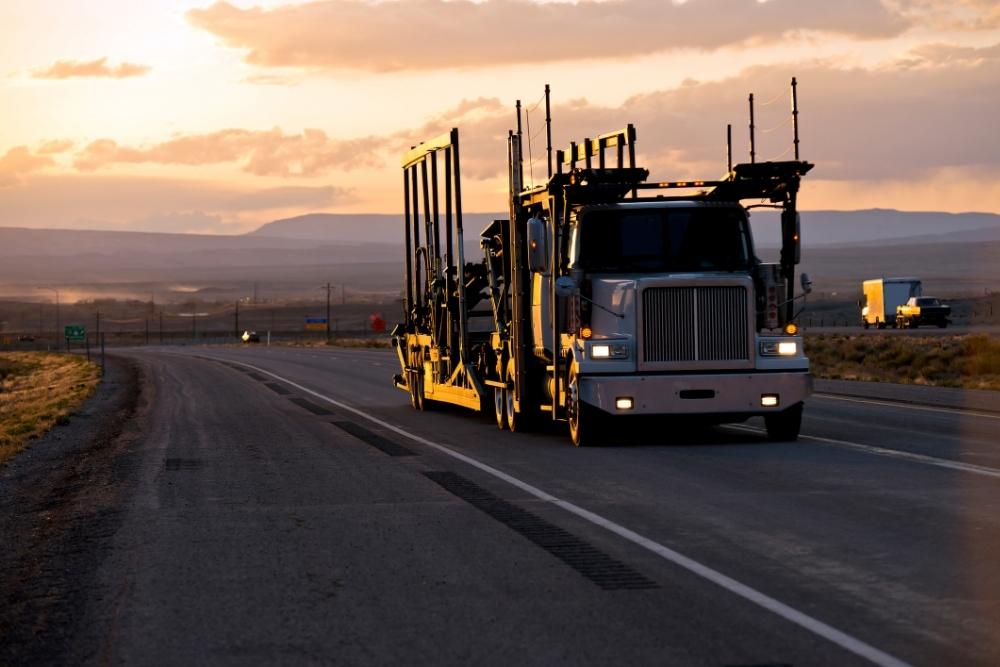



When it comes to selecting an auto insurance policy, you may get confused. The line between a personal vehicle and a commercial vehicle can sometimes be unclear. So you need to understand the two insurance policies in brief. In this article, we will clarify the differences between personal and commercial auto insurance and what you may need to get.
While commercial car insurance is similar to personal car insurance in many ways, it's designed specifically for vehicles that are used by or for a business. If you run a business that uses vehicles for its operation, you may need to have a commercial car insurance policy.
Commercial car insurance can offer both liability coverage and collision coverage for business vehicles and their drivers. The former helps pay for repairs and/or medical costs for the other driver if you're involved in an accident. The latter pays for repairs or medical costs that you incur for yourself or your vehicle if you're involved in an accident.
Private passenger vehicle ownership is covered by personal auto insurance. It offers protection against monetary loss to an insured due to physical harm or property damage to others (liability) resulting from the use, maintenance, or operation of a covered vehicle. Depending on the kind of policy you select, this can also cover any property damage or bodily injuries you or another driver or passenger sustained.
The main difference between personal and commercial auto insurance is who owns the vehicle. If your business owns a vehicle, it must be covered by commercial auto insurance.
The distinction between a personal vehicle and a company vehicle is frequently unclear for small businesses. Small business owners and staff may occasionally use their own vehicles for work-related purposes. They might drive their own vehicle, for instance, to get to job sites, move equipment, or deliver items.
Small business owners often face grey areas when it comes to the use of cars, trucks, and other vehicles while doing business.Commercial car insurance is designed for scenarios that are specific to a business and its needs. For example, you may need to have non-owned vehicle coverage as part of your policy if you have employees who drive company cars or trucks. However, determining whether you need commercial coverage if you're self-employed or run a business as a sole proprietor can be a bit trickier.
When weighing a commercial policy as a sole proprietor, consider the following:Commercial auto insurance policies are made to offer protection against the elevated risks brought on by a company's daily operations. Due to its broader liability coverage, this sort of insurance is often more expensive than personal auto insurance. Your coverage prices will be primarily influenced by the value of each vehicle and its safety features, its kind (a car versus a commercial van, for example), how it will be used, where it will be parked, any accident history, and the level of coverage you choose. Commercial auto insurance need not be pricey, though. It depends on the particulars of your company. An insurance rate for a small firm with one or two employees using a work car will be substantially lower than for a large corporation with a fleet of vehicles and many drivers.
Having proper coverage is necessary to protect yourself from various losses. Club Agency provides commercial auto insurance to shield your company against unforeseen costs associated with your car, whether it is being used for business or leisure. Small company owners and professionals that work for themselves will benefit from our specialized insurance alternatives. Contact us today!